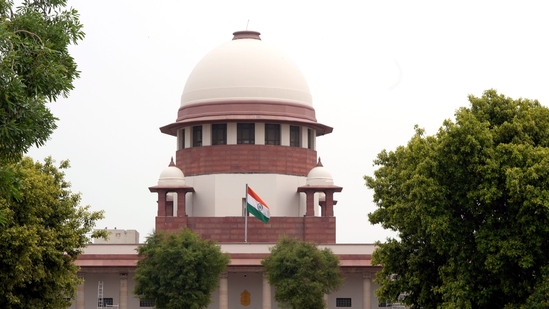Understanding the Role and Importance of the Supreme Court of India

Introduction
The Supreme Court of India serves as the highest judicial forum and final court of appeal under the Constitution of India. Established in 1950, it plays a vital role in upholding the rule of law and preserving the rights enshrined in the Constitution. With its decisions affecting millions of citizens, understanding the workings of the Supreme Court is essential for any discussion on justice and democracy in India.
Recent Developments
In recent weeks, the Supreme Court has been in the spotlight due to several landmark rulings. In a significant judgment, the court ruled on the contentious issue of same-sex marriage, affirmatively acknowledging the rights of LGBTQ+ individuals, which marks a progressive step toward equality. This ruling has been widely celebrated by human rights activists and civil society groups as a path towards greater inclusivity.
Additionally, in response to the ongoing environmental crises, the Supreme Court has taken a proactive stance on pollution control by directing state governments to intensify efforts in mitigating air and water pollution, particularly in urban areas like Delhi. The court emphasized the need for stringent compliance with environmental laws, underscoring its commitment to safeguarding public health.
Judicial Independence and Challenges
The Supreme Court also plays a critical role in maintaining the independence of the judiciary, which is essential for the democratic framework of India. However, it faces various challenges, including political pressures and the growing backlog of cases, which amounts to over 4.5 million pending cases as of late 2023. This backlog raises concerns about timely justice and the effective functioning of the judiciary.
Conclusion
The Supreme Court of India remains a cornerstone of the country’s democracy. Its recent rulings reflect a commitment to uphold fundamental rights while addressing pressing social and environmental issues. As it navigates complex challenges, the court’s decisions will significantly impact the future of justice in India. Continued public interest and engagement with the court will be essential in the pursuit of a more equitable society. As we move forward, the importance of judicial independence and timely justice cannot be overstated, reinforcing the Supreme Court’s role as a guardian of the Constitution.









